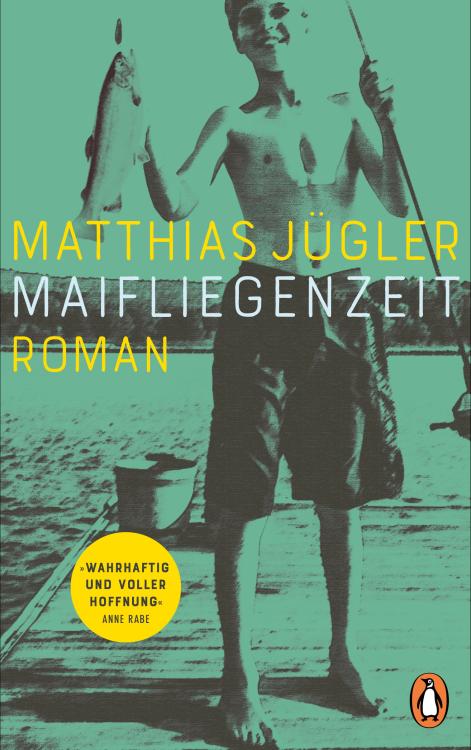review
A gripping and tense tale of a father-son reunion, dealing with a deeply sinister yet little-known GDR phenomenon.
Hans and Katrin have a son, Daniel, in 1978, but the day after the birth, doctors tell the couple the baby has died from a weak heart on the way to the children’s hospital. Katrin is convinced the doctors are lying and Daniel is still alive; she leaves Hans a few weeks later.
Shortly before Katrin’s death from cancer in 1987, she talks again to Hans again about Daniel, asking Hans to find him if there is ever the opportunity. When the GDR collapses, Hans requests the files on Daniel but is fobbed off.
Thirty years later, Hans tells his new partner, Anne, about the doubts over Daniel, and she urges him to go back to the hospital. This time he is given the files, but almost everything in them is blacked out. He visits a doctor who says that it looks as if the baby was healthy and is unlikely to have died. Delving further, Hans meets with resistance or silence and is forced to halt his quest again.
Anne joins a Facebook group aiming to connect adopted children with their parents and Daniel, now Martin, contacts her. Hans travels to Leipzig to meet him; Martin, very much in charge, proposes a walk around a lake but dismisses Hans’s suggestion of bringing his fishing rods in order to share his hobby with his son. Martin’s adoptive parents have died; he is angry when Hans denies that he and Katrin gave him away. He refuses to see Hans again. Will the two of them ever be reconciled?
The tense narrative is interspersed with fishing tales that give a sense of the turning of the seasons and lighten the mood while maintaining the suspense. Jügler’s clear and unemotional style is reminiscent of the sparse stories of Clare Keegan.




All recommendations from Spring 2024